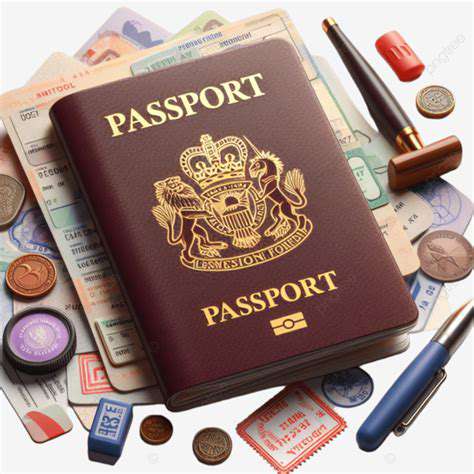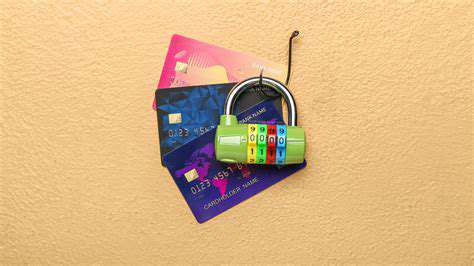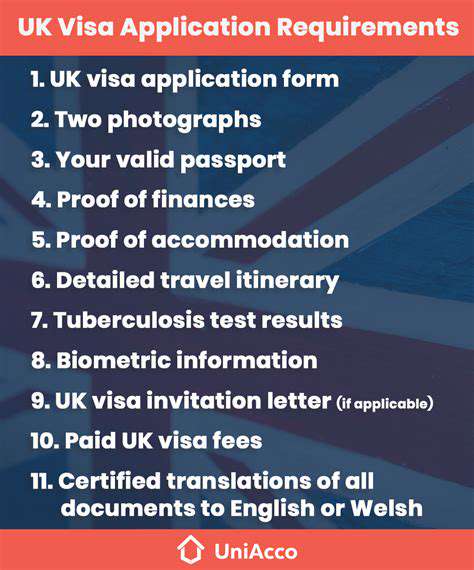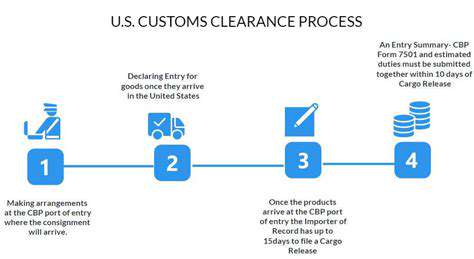What to Do If Your Travel Documents Are Lost or Stolen Before Travel
Protecting Your Passport and Other Documents
Prioritizing the safety of your passport and other travel documents is paramount. Immediately after realizing your passport or other essential travel documents are missing or compromised, contact your local embassy or consulate. Report the loss or theft promptly to ensure they can issue you a temporary travel document or assist you in getting a replacement. Be prepared to provide specific details about the lost or stolen document, including the date of issue, the document number, and any distinguishing features. This swift action can significantly minimize the disruption to your travel plans and prevent potential identity theft.
Take steps to safeguard your documents while traveling. Store them in a secure location, ideally in a designated travel pouch or compartment in your luggage. Avoid placing them in easily accessible pockets or areas where they might be vulnerable to theft. Consider using a travel-specific lock or a secure luggage compartment to further enhance the security of your documents. Never leave them unattended in public places or in your hotel room, even for a short period.
Canceling or Modifying Your Bookings
If your travel documents are compromised, the first step is to contact your travel agent or airline, if applicable, to cancel or modify your flight, hotel, or other travel bookings. This will ensure that you do not incur any financial penalties or face difficulties in re-arranging your travel plans. Explain the situation clearly and provide any necessary supporting documentation. Be proactive in contacting your travel insurer, if applicable, to understand the implications of your travel documents' compromise on your insurance coverage. This step might help in minimizing financial setbacks and facilitating smoother travel arrangements.
Once you have contacted your travel providers, you should also ensure that your travel insurance company is aware of the situation. This is crucial as it could help you with any potential claims or reimbursements related to the inconvenience caused by the compromised documents. Remember to document all communication with travel providers and insurance companies, noting down dates, times, and any reference numbers. This detailed record will be helpful if you need to escalate any issues or pursue further action.
Notifying Relevant Authorities and Institutions
In addition to contacting your travel providers, it's critical to notify relevant authorities and financial institutions about the compromised travel documents. Report the loss or theft to your credit card companies, banks, and any other financial institutions where you have accounts. This step helps prevent fraudulent activity on your accounts. Furthermore, inform your local police department about the incident and any steps you have already taken. This official record will be helpful if you face any further challenges or require assistance in recovering your identity.
Alert any relevant government agencies or institutions that may require your travel documents. This might include visa processing centers, immigration authorities, or any other organizations that have your travel documents on file. Be proactive in contacting these institutions to avoid any complications or delays in your travel plans. This thorough notification process helps you minimize any potential hurdles and ensures that you are fully compliant with all necessary regulations and procedures.
Taking these immediate steps can significantly reduce the impact of a compromised travel document on your overall travel experience and personal safety. By acting swiftly and methodically, you can minimize disruption and ensure that you maintain control of your situation.


A strong exterior security system is crucial for protecting your home from intruders. Investing in sturdy doors and windows with reinforced frames and locks is a fundamental step. Consider installing security cameras or motion detectors to deter potential burglars and provide visual alerts. These measures, coupled with a well-lit exterior, create a hostile environment for criminals, increasing the overall safety profile of your home.
Protecting Your Finances and Credit Cards

Protecting Your Financial Future
Maintaining financial stability is crucial for a comfortable and secure future. Understanding your financial situation and actively managing your resources is paramount. This involves budgeting effectively, tracking expenses meticulously, and saving for future goals, such as retirement, education, or major purchases. Responsible financial management can prevent unforeseen financial crises and build a strong foundation for achieving your aspirations. Careful planning and consistent effort are key elements in building a resilient financial future.
Taking proactive steps to protect your finances can greatly reduce the risk of unforeseen circumstances impacting your financial well-being. This includes diversifying your income sources, building an emergency fund, and exploring various investment opportunities. Diversifying your income sources can help reduce your reliance on a single source of income, making you less vulnerable to job loss or economic downturns. Thorough planning and preparation are vital for ensuring financial security.
Credit Score Management
A good credit score is essential for securing loans, renting apartments, and even obtaining favorable interest rates on credit cards. Understanding how credit scores work and taking steps to maintain a healthy one are vital for long-term financial well-being. This involves paying bills on time, keeping credit utilization low, and avoiding unnecessary credit applications. A strong credit history can positively impact your financial opportunities, allowing you to access better terms and conditions for various financial products.
Monitoring your credit reports regularly can help you identify any inaccuracies or potential issues early on. Taking proactive steps to address these issues can prevent them from negatively impacting your credit score. Understanding your credit reports is crucial for understanding your financial standing and making informed decisions about your spending and borrowing habits.
Understanding the factors that influence your credit score, and actively managing your credit accounts are vital to maintaining a healthy credit profile. These factors include payment history, amounts owed, length of credit history, new credit, and credit mix. Regularly reviewing your credit report can help to identify any negative trends and allow for prompt corrective action. Paying attention to these elements allows for proactive management of your credit standing.
Debt Management Strategies
Managing debt effectively is critical for financial health. Understanding different types of debt and developing strategies to repay them responsibly is key. This includes creating a debt repayment plan, prioritizing high-interest debts, and exploring debt consolidation options if needed. Effective debt management can free up financial resources, allowing you to save more and pursue other financial goals.
Understanding the potential impact of accumulating debt is crucial for making informed financial decisions. High levels of debt can create significant financial strain, affecting your ability to save, invest, and achieve your financial aspirations. Responsible debt management is essential for long-term financial stability.




![Exploring Medieval Castles in Europe [Historical Tour]](/static/images/27/2025-06/AJourneyThroughTime3AFamousCastlesandTheirStories.jpg)





![Tips for Traveling with Toddlers [Survival Guide]](/static/images/27/2025-07/NavigatingTransportationwithYoungChildren.jpg)
